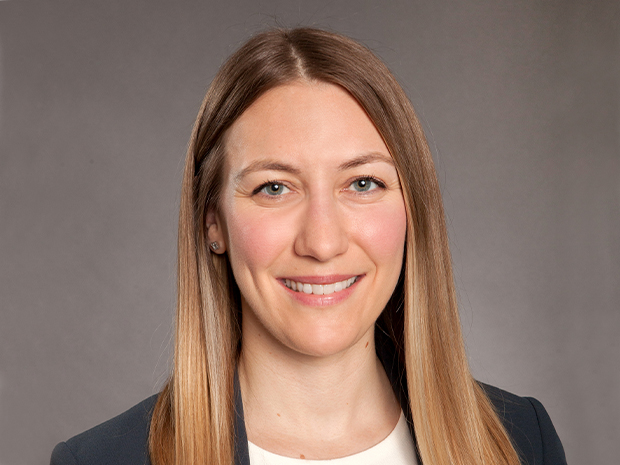Updated on April 18, 2022
'Doubtful collectability' exception may apply to distressed debt
Tax rules often require debt holders to accrue interest into income even in situations where the debt holder has not received payment of the interest. Creditors that do not expect to receive interest payments on the debt they hold, may wish to consider whether they are eligible for the ‘doubtful collectability’ exception to the interest income accrual requirements.
Many private equity funds and hedge funds (Funds) make both debt and equity investments in companies. Generally, the debt held by a Fund is subordinated to debt held by banks (or other senior creditors), with collectability of the debt held by the Fund more at risk than that of the senior debt. This article addresses tax rules and considerations where Funds hold distressed debt and collectability on that debt is doubtful.
General rule for inclusion of interest income
Under the accrual method of accounting, debt holders generally must report interest income as it accrues (regardless of when it is paid). A taxpayer generally must use the accrual method to report interest income if either: (1) the taxpayer uses the overall accrual method of accounting,1 or (2) the interest on the debt is original issue discount (OID).2 These interest income accrual rules apply regardless of whether the creditor and debtor are related parties, as in situations where a Fund owns a majority of the debt issuer’s equity, a topic covered in our past alert Accrued vs PIK interest.
Doubtful collectability exception
In a situation where the debtor’s financial condition has deteriorated, and the creditor does not actually expect to receive interest payments in the future, the general interest income accrual rules seem inequitable. Thankfully, case law provides a ‘doubtful collectability’ exception to interest income accrual that may permit the creditor to stop accruing interest income in that situation.3
The doubtful collectability exception, despite its name, requires more than mere doubt of the collectability of the interest payment in order to apply.4 The taxpayer should be able to show substantial evidence to establish that there is no reasonable expectancy of payment in order to stop the accrual of interest income.5 The determination of whether there is a reasonable expectation of payment is a question of fact;6 substantial evidence for the determination may show the degree of the debtor’s financial instability or insolvency.7 One possible way to evidence the debtor’s financial condition is to refer to its financial statements.8 However, mere doubt of payment and temporary financial difficulty of the debtor are not sufficient.9 At least one court has viewed a two to three year period as a temporary period in looking at doubtful collectability on a loan.10
It is also important to note that the IRS has expressed the view in a 1995 Technical Advice Memorandum (TAM) held that the doubtful collectability exception applies only to qualified stated interest, and does not apply to OID under any circumstances.11 Qualified stated interest generally is limited to interest that is required to be paid at least annually solely in cash or property other than additional debt.12 Although many tax practitioners disagree with the IRS’ position expressed in the 1995 TAM, and would instead consider both OID and qualified stated interest eligible for the doubtful collectability exception in appropriate circumstances, the IRS has not reversed its view. The terms of debt held by a Fund often include an option or requirement that the debtor pay interest in kind (PIK interest) rather than in cash, resulting in OID.
Conclusion
In certain circumstances, the doubtful collectability exception can protect a Fund holding debt from the accrual of interest income that is taxed to investors at ordinary income rates. The Fund should show substantial evidence that there is no reasonable expectation of payment. The debtor’s short-term temporary financial instability or insolvency is not sufficient. Funds and other debt holders should consult with their tax advisors when considering whether the doubtful collectability exception may apply.



